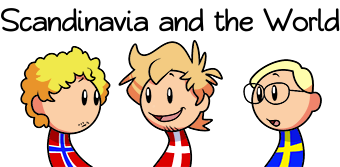8 years ago #9769054
2
0
At this technological point, Internet is basically the primary means of communication and connection to other people (through whatever more specific medium one prefers.) It makes sense it should be a right.
5 years ago #9856679
1
0
Seems about right, considering that many of their elections are hold over the internet.
Add comment: Please Sign in or create an accout to comment.















And for those who are curious: the human right in question is called "access to information" (part of article 19, regarding freedom of opinion and expression, in the 1948 resolution) which states that everyone shall have the right to "seek, receive, and impart information through any media and regardless of frontiers".
https://undocs.org/A/RES/217(III)